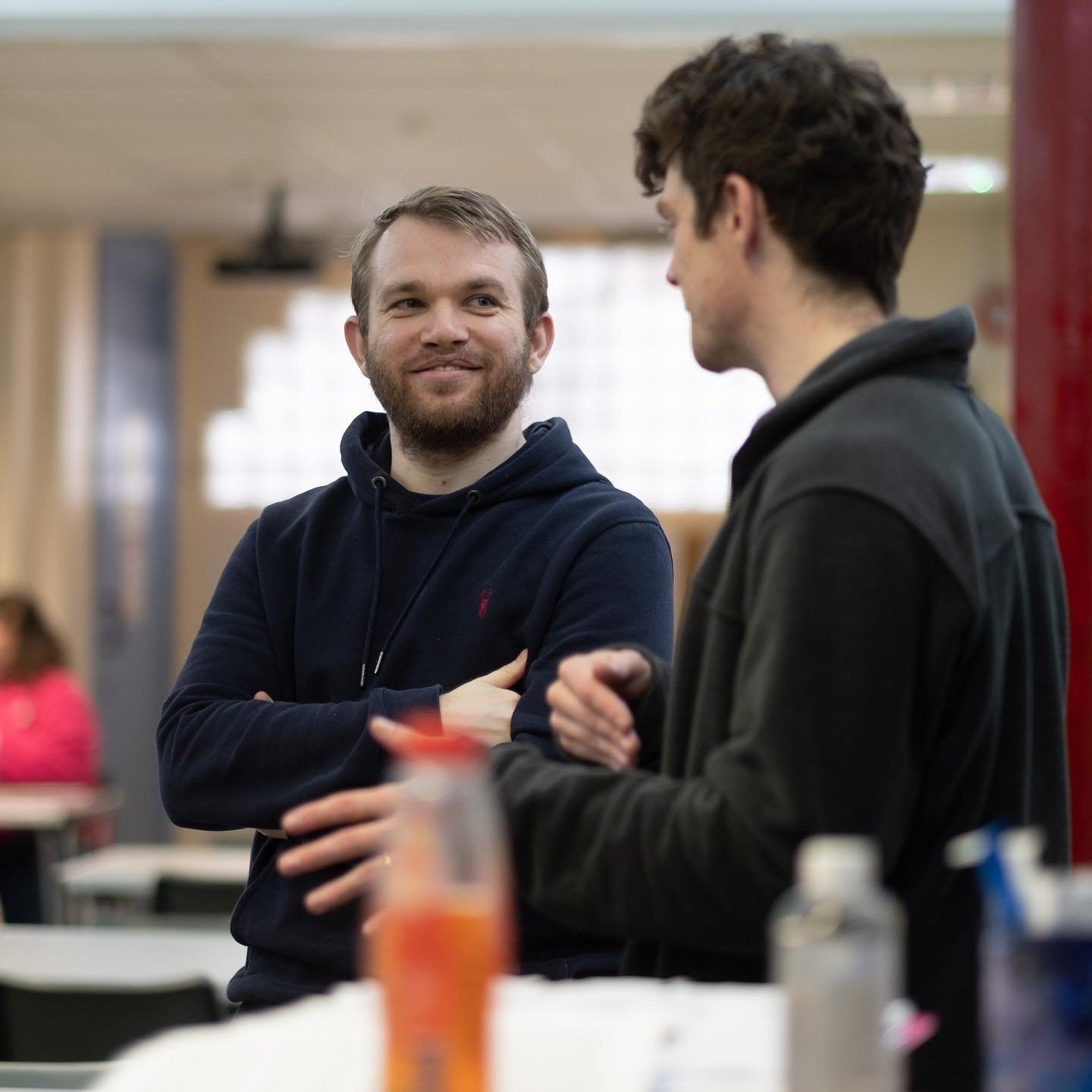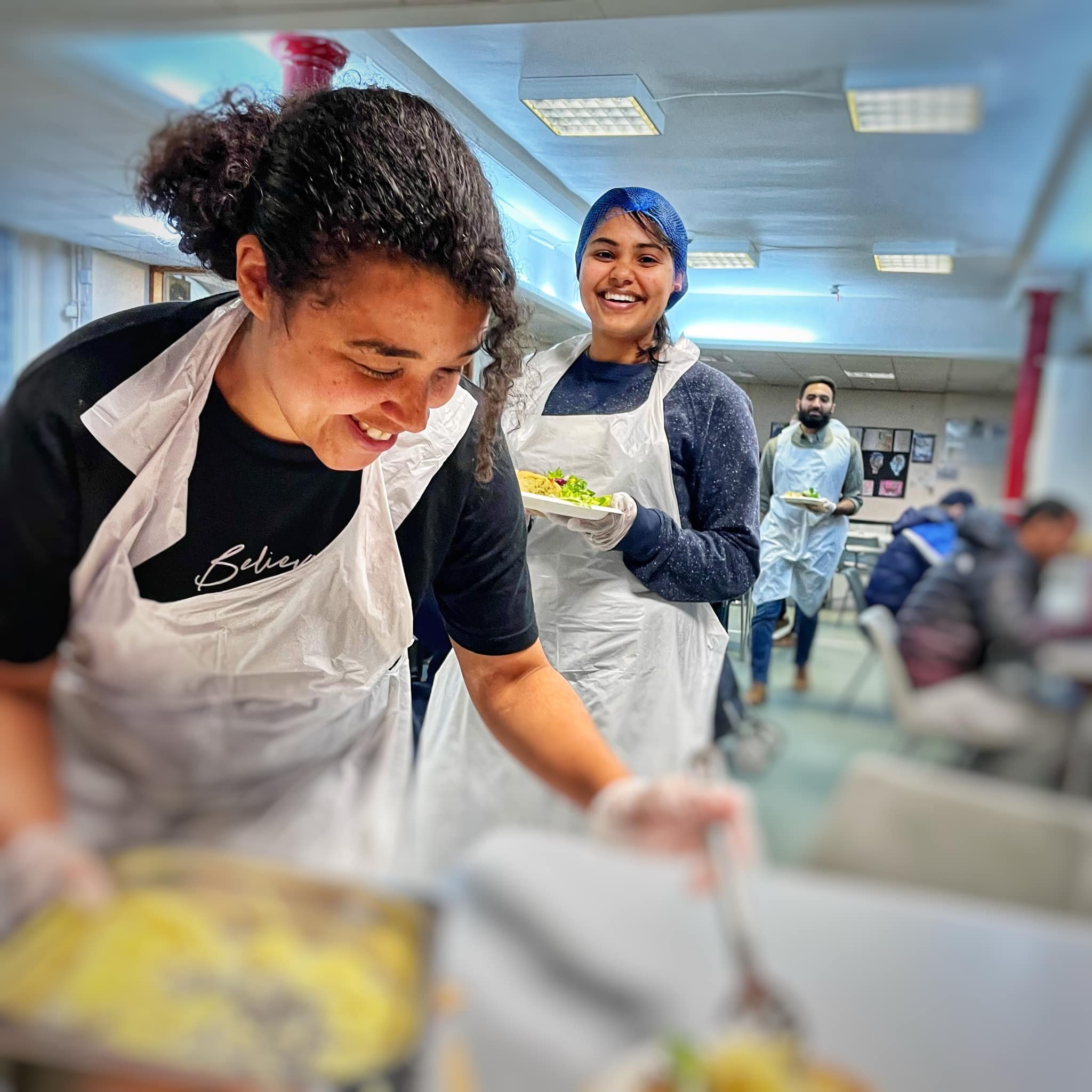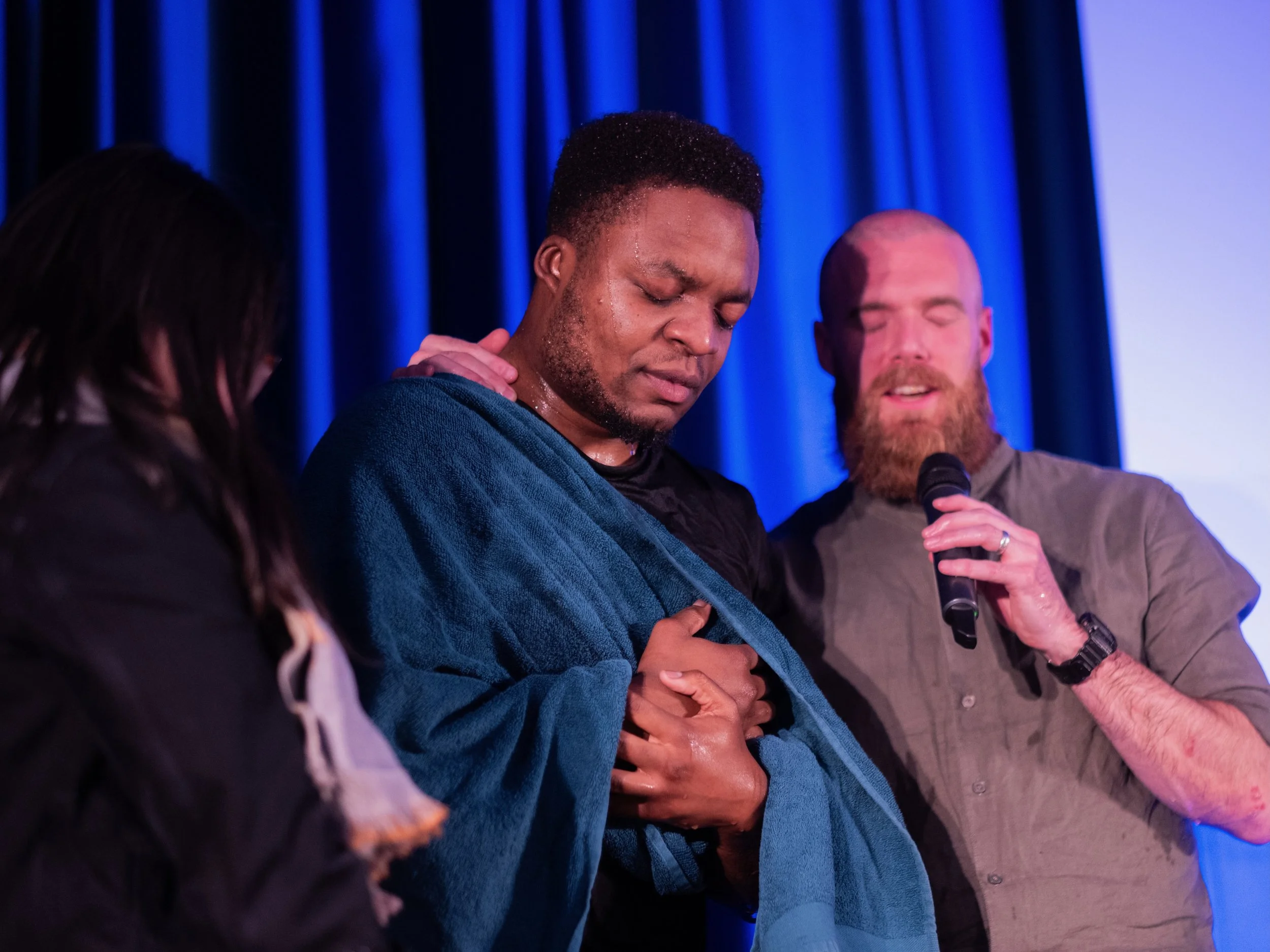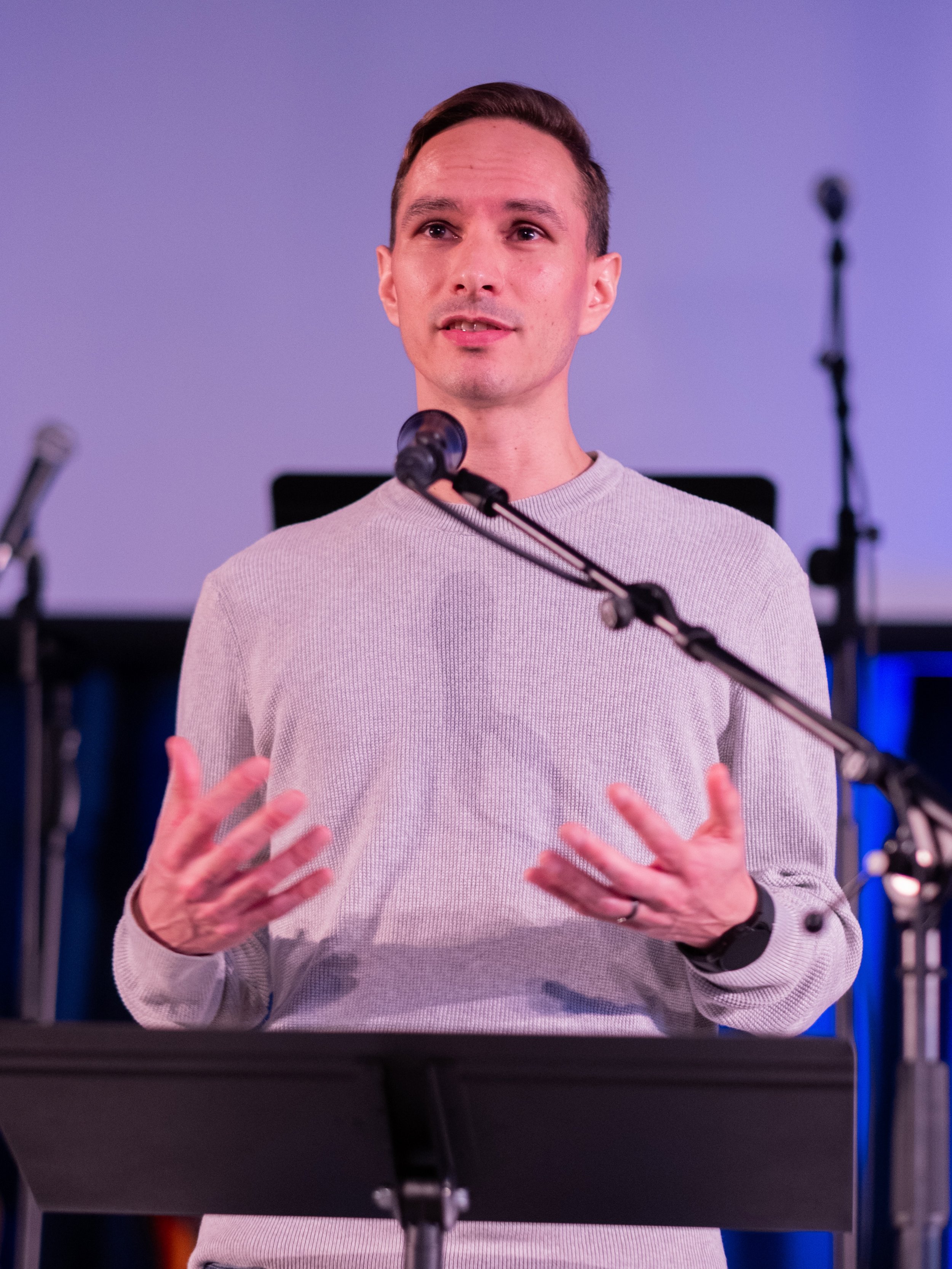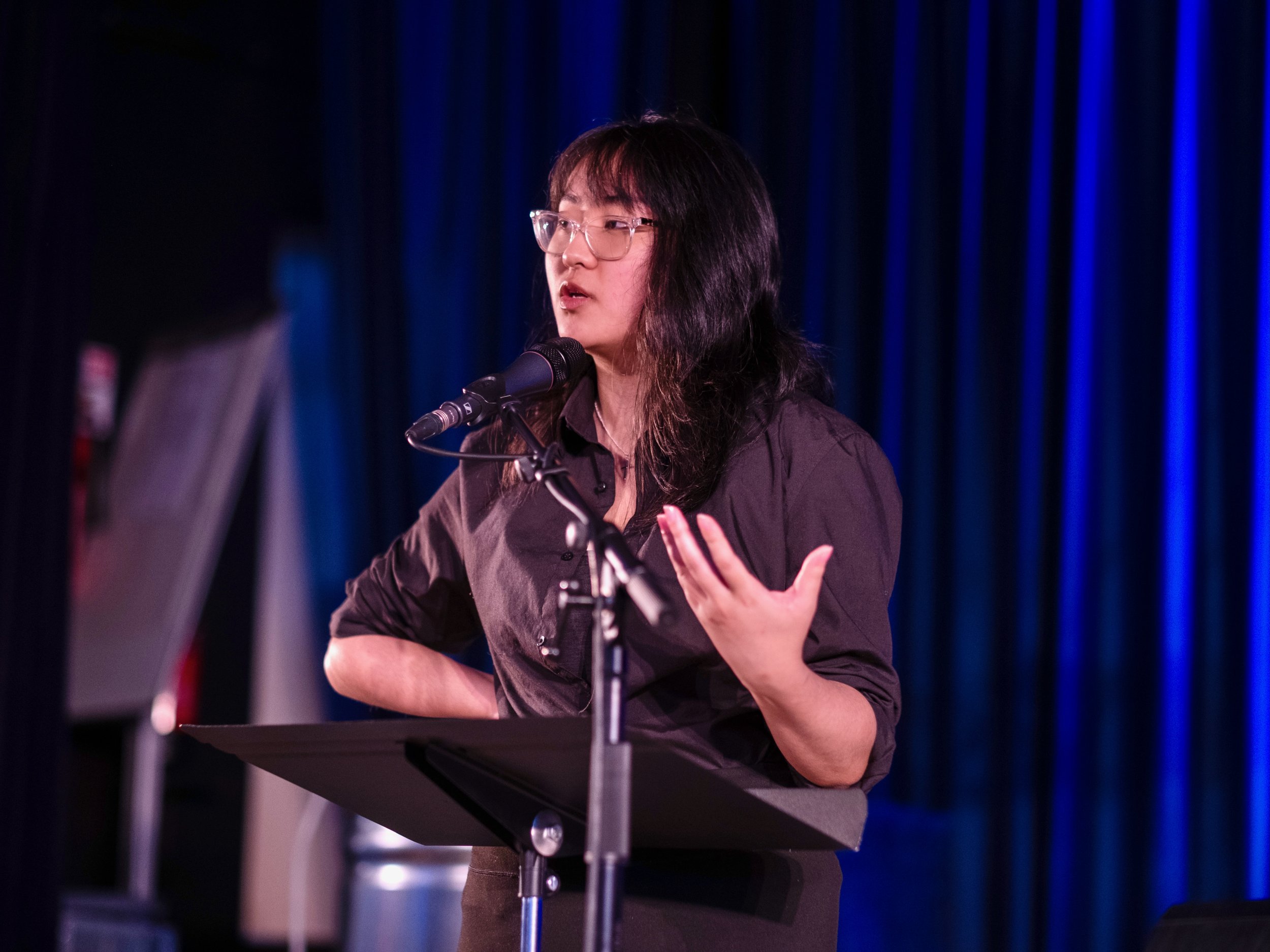Summer is a great time to start a new book, whether on the plane to a holiday destination or in a nearby park on a warm August evening. Getting lost in the pages of a good book rejuvenates our imagination, rests our minds, and gives us a fresh perspective on the world.
But with limited space in our suitcases and apartments, we must pick wisely. Not all books are compelling or well-written. Randomly taking one off a shelf can leave us disappointed. With this in mind, we asked the staff team to share some of their recent favourites.
Daniel:
Unbreakable by Andrew Wilson. This book might be small–it can be read cover to cover in less than an hour–but it is certainly mighty. It tackles questions about the Bible like Who wrote it? How can we trust what it says? and Do we have the right books? by exploring what Jesus said about scripture. It is written in an accessible and witty style making it both informative and a joy to read. A great book to read, re-read, and gift to others.
George:
Family Discipleship by Matt Chandler and Adam Griffin. “Your child is not only your progeny; he or she is your protégé.” With that in mind, discipling our families can feel like an intimidating task, but it doesn't need to be. This book offers a simple structure to help parents develop a sustainable rhythm of gospel-centred discipleship focused on three key areas: time, moments, and milestones. It’s practical, filled with Scripture and personally applicable as we raise our children in the love and fear of the Lord.
Bisi:
Telling a Better Story by Joshua Chatraw. This book is one of the best books I’ve read on evangelism. It explores how we can use storytelling, creativity, and imagination to engage our friends in conversations about Jesus. Empowering and inciteful, this book was a helpful reminder that the Christian story is not only credible but better in every way.







